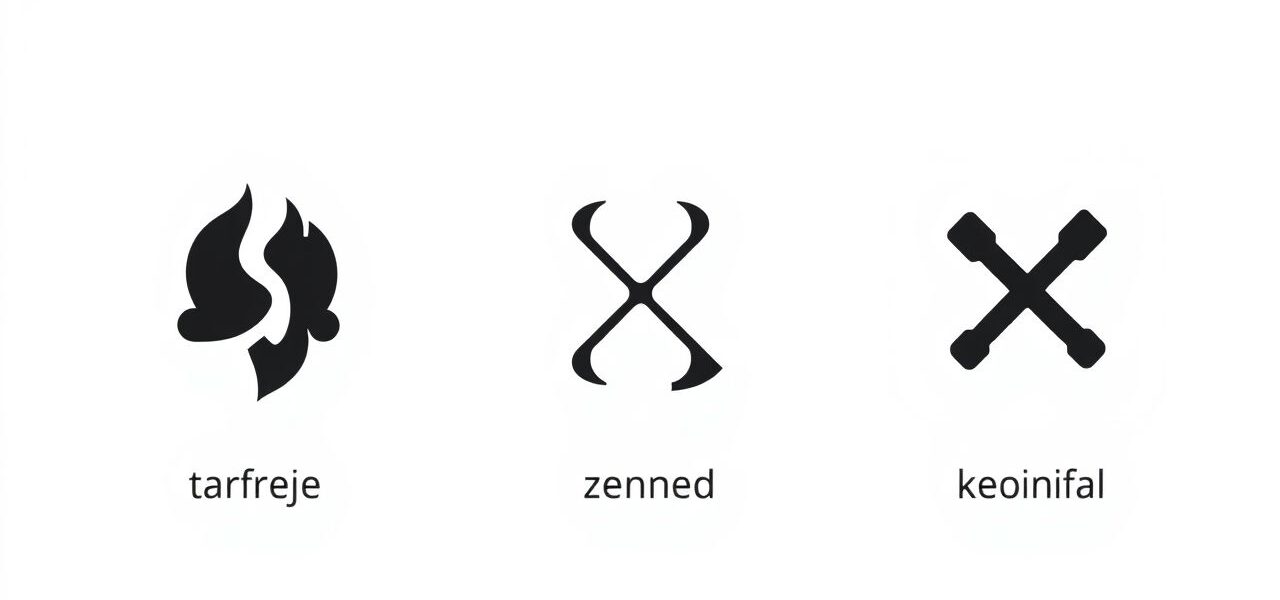In everyday communication and writing, the word ‘detrimental’ often appears in discussions about harm, risk, or negative impact. Whether used in scientific studies, workplace assessments, or casual conversations, ‘detrimental’ helps convey the idea of something causing damage or having an adverse effect. However, for better expression and variation in language, using synonyms or alternative terms can elevate clarity and maintain the reader’s interest. This topic explores another term for ‘detrimental,’ including various synonyms, their meanings, and appropriate usage in different contexts.
Understanding the Meaning of Detrimental
Before diving into alternative terms, it’s essential to grasp what ‘detrimental’ actually means. The word comes from the Latin worddetrimentum, meaning loss or damage. In English, ‘detrimental’ is used to describe anything that results in harm, injury, or negative outcomes. It is often used in formal or semi-formal contexts and applies to a wide range of subjects such as health, the environment, relationships, business, or learning outcomes.
Examples of Detrimental in a Sentence
- Smoking is detrimental to your health.
- Excessive screen time can be detrimental to children’s development.
- Changes in climate may have a detrimental effect on agriculture.
These examples show how the word is used to warn or highlight something negative. To diversify vocabulary or adjust tone, other terms with similar meanings can be used in place of ‘detrimental.’
Alternative Words for Detrimental
1. Harmful
One of the most straightforward and widely accepted synonyms for ‘detrimental’ is ‘harmful.’ It conveys a similar meaning but is more commonly used in everyday language. ‘Harmful’ works well in both formal and informal situations.
- Plastic pollution is harmful to marine life.
- Too much sugar in your diet can be harmful to your overall health.
2. Damaging
Another strong alternative is ‘damaging.’ This word emphasizes the action or result of causing physical, emotional, or reputational harm. ‘Damaging’ is frequently used in legal, scientific, and journalistic writing.
- The scandal had a damaging impact on the company’s reputation.
- Prolonged exposure to loud music is damaging to your hearing.
3. Adverse
‘Adverse’ is often used in medical or environmental contexts. It suggests negative or unfavorable outcomes, often as side effects or unintended consequences.
- The medication may cause adverse side effects.
- Adverse weather conditions delayed the flight.
4. Injurious
This is a slightly more formal and less commonly used synonym. ‘Injurious’ typically relates to causing injury or harm, especially in legal or medical settings. It often appears in reports or scholarly writing.
- False accusations can be injurious to a person’s character.
- Certain chemicals are injurious to human tissue.
5. Noxious
‘Noxious’ conveys the idea of something being harmful or poisonous, especially to physical health. It is commonly used to describe gases, chemicals, or influences that are destructive or toxic.
- The factory released noxious fumes into the air.
- Noxious attitudes can infect a workplace environment.
6. Deleterious
‘Deleterious’ is a more sophisticated synonym that is often used in academic and scientific writing. It implies something harmful in a subtle or gradual way.
- Long-term stress can have a deleterious effect on health.
- Deforestation has deleterious consequences for biodiversity.
7. Unfavorable
This term may not always be interchangeable with ‘detrimental,’ but in many cases, it works well when referring to conditions or outcomes. ‘Unfavorable’ suggests a situation or result that is not beneficial or advantageous.
- The report presented unfavorable results for the new policy.
- Unfavorable economic conditions led to job losses.
Contextual Use of Alternatives
While each of these terms carries a meaning similar to ‘detrimental,’ selecting the right one depends on the context. For instance, ‘noxious’ might not be suitable when discussing a relationship, while ‘unfavorable’ may sound too mild for something severely harmful. Understanding the tone and target audience of your communication is crucial when choosing the best term.
Formal vs. Informal Settings
- Informal: ‘Harmful’ and ‘damaging’ are excellent choices for day-to-day conversations or casual writing.
- Formal: Words like ‘deleterious,’ ‘injurious,’ and ‘adverse’ fit better in academic, scientific, or legal texts.
Scientific and Medical Writing
When writing in a scientific or health-related context, precision matters. ‘Adverse,’ ‘deleterious,’ and ‘injurious’ are commonly used because they offer nuanced differences in meaning. For example, ‘adverse effects’ is a well-established phrase in pharmacology and medical literature.
Environmental and Social Impact
In discussions about policy, environment, or social behavior, words like ‘damaging,’ ‘harmful,’ and ‘unfavorable’ provide clear meaning. ‘Noxious’ may be more suitable when describing pollutants or behaviors considered toxic in a metaphorical sense.
Why Use Alternatives to Detrimental?
Using synonyms is not only about variety but also about improving communication. Readers can become disengaged when the same words are repeated too often. A good writer adapts their language to match tone, audience, and context. Using alternative terms for ‘detrimental’ improves SEO by capturing a broader range of search queries, making your content more visible online. It also enhances readability and demonstrates a rich vocabulary.
There are many ways to say ‘detrimental’ depending on the tone and subject matter. Words like ‘harmful,’ ‘damaging,’ ‘adverse,’ ‘injurious,’ ‘noxious,’ ‘deleterious,’ and ‘unfavorable’ offer nuanced alternatives that can enrich your writing. Understanding the subtle differences between these synonyms allows for better precision and more effective communication. Whether you’re writing for academic purposes, marketing content, or everyday conversation, choosing the right synonym ensures your message is clear, impactful, and well-received. So the next time you’re tempted to use ‘detrimental,’ consider if another word might convey your meaning even more powerfully.
